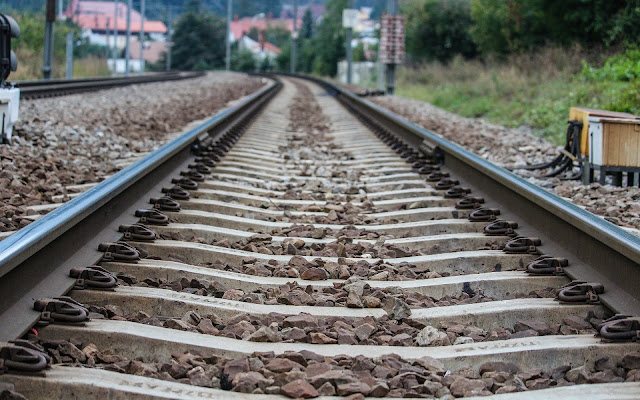Rails:
- The rails on the track can be considered as steel girders for the purpose of carrying axle load.
- Rails transfer Axle load to the sub-grade through sleepers and ballast.
- Rails convert the moving wheel load of train into point load which acts on the sleepers.
- Rails are made up of high carbon steel, to resist wear and tear.
- On points and crossing rails of medium carbon and high manganese steel is used.
- In India rails are manufactured by open hearth or duplex process.
Requirements of Rails:
- Vertical stiffeners should be high enough to transmit the vertical load, for that height of the rail should be adequate.
- Rails should be capable of withstanding lateral forces, large width of head and foot will result into larger lateral stiffness.
- To allow adequate margin of vertical wear, head of the rail must be sufficiently deep, max. wear of head allowed is 10mm.
- Min. tensile strength of rails should be 72 kg/m3
- In India rails are tested by falling weight test or tup test.
Next Topic: Types of Rails






No comments:
Post a Comment